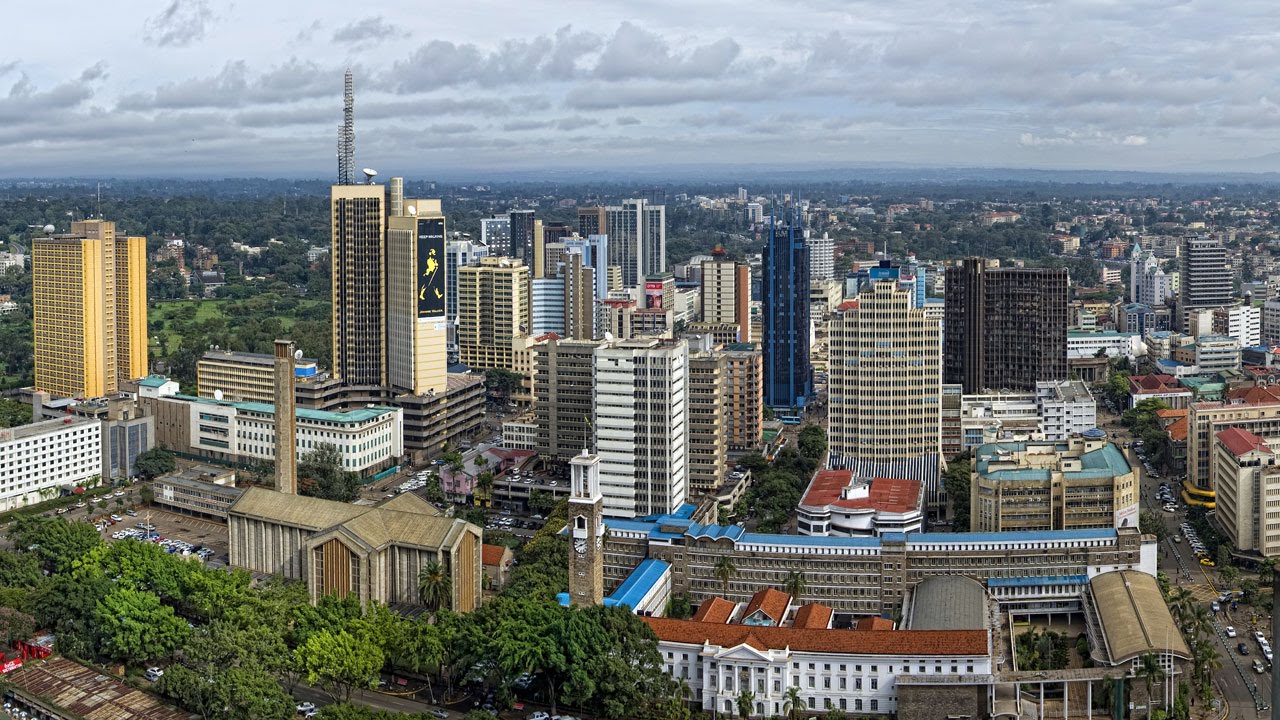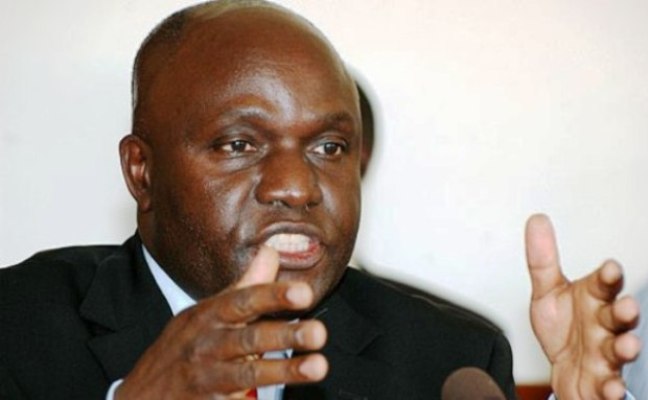The recovery of the Ugandan economy to the desired levels will depend on many factors, most of them beyond the country’s control according to experts and the private sector.
These factors include the rebound in the export sector, the developments in oil sector, the universal availability of the Covid-19 pandemic drugs and how fast the pandemic effects are controlled in Uganda’s export markets, among others.
Most, or all of these are highly uncertain, and the forecasts are better be largely pegged on hope, rather than planning.
Planning relies on the expected size of the national resource envelop, which, in this case is expected be smaller unless the expected external support comes by.
The Bank of Uganda has forecast a growth of between 3 and 3.5% this financial year, and rise to between 4 and 4.5% 2021/2022. After that, the economy is expected to grow at rates between 6% and 7%, and this high growth is expected to be driven by investments in the oil and gas sector.
A sustained growth rate not less than 6% is desired for Uganda to attain a middle income status in the medium term or five years. BOU realizes that the private sector will need access to cheap and long-term capital and access to credit will be vital, the reason the regulator has kept the Central Bank Rate at a low 7%.
The Bank has also extended the credit relief measures for the private sector borrowers as well as support for the financial institutions that might be in cash distress.
These would further boost private investments. Charles Katongole, the Head of Financial Markets at Standard Chartered Bank says that BOU’s move is welcome because there are sectors that are yet to even start recovering from the effects of the pandemic.
Much as most of the sections of the economy are now open, many are still closed and these have linkages to the wider economy. Most of those open are also still operating under strict preventive measures set by the government against the Covid-19 pandemic, affecting their capacity to contribute to economic growth.
Marc Du Toit, the Head – Retail Agency and Management at Knight Frank, for example, says the continued closure of bars and night pubs affect many other sections of the economy, while the curfew hours were not well designed for Uganda and this is killing trade.
Apart from the local industries that remain operating under capacity, exporters are worried that the export markets are becoming harder to sell to, with some especially in Europe, reintroducing lockdowns amidst surges in new covid-19 cases.
“If the impact of COVID-19 lasts longer globally, or the virus spreads more widely in Uganda, this could deter the recovery in Uganda’s exports, adversely impact a rebound in foreign direct investment, tourism and remittances, and further depress productivity and hence the domestic economic recovery”, reports the World Bank.
Even with a growth recovery of 4.5, the poverty levels, as well as the average income will take longer to reach the levels posted before the pandemic.
“Even if GDP growth rebounds strongly by 2022, the level of per capita GDP is likely to remain well below its pre-COVID trajectory”, the Bank says.
The economy’s growth next year and the years after is pegged on the developments in the oil and gas sector, with the Final Investment Decision set to be made in this quarter, according to Petroleum Authority of Uganda.
It says most of the negotiations are complete and the physical construction of the crude export pipeline planned for later in the year 2021.
This is expected to attract more investment inflows and creation of jobs linked to the project.
The World Bank fears that oil and gas investors might not spend as much as it was previously expected until they are sure of high oil prices in the next few years.
Other sections of the Foreign Direct Investments into Uganda are expected to remain low, as with other countries, which might also increase pressure on the Uganda shilling. Experts however, expect portfolio investments to remain stable and compensate for FDI to support the foreign exchange.
A portfolio investment is ownership of a stock, bond, or other financial asset with the expectation that it will earn a return or grow in value over time, or both, with the owner not involved in the management, as opposed to direct investment.
Standard Chartered Bank’s Katongole says the Central Bank’s effort to influence the cost of borrowing is a positive one but that there are many other factors that can hinder private sector credit growth, especially government’s appetite for domestic borrowing.
Much will depend of factors like how much the government will manage to raise in local revenues, with URA already indicating it will not meet the targets as well as government’s ability to meet promises like clearing domestic arrears to boost local investments.

It will also do well if the government manages public expenditure, with the cost expected to rise sharply as elective offices and public agencies increase, as well as manage the politics to make the country attractive to foreign investors.
-URN





